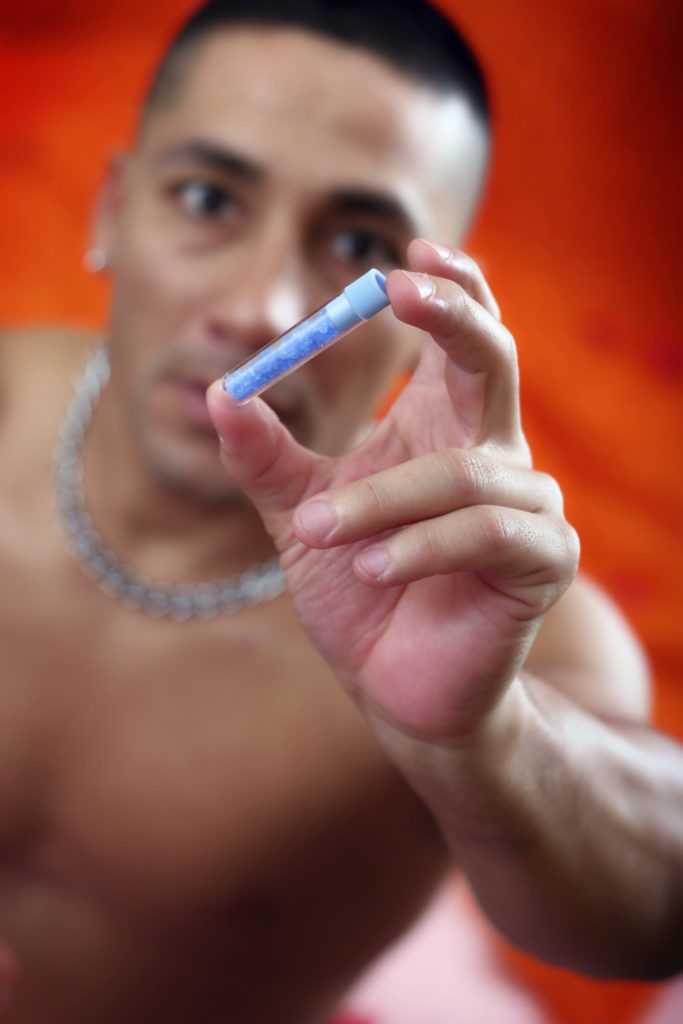In any given year, hundreds of thousands of Americans undergo some form of bariatric surgery. A number of procedures fall under this general heading, including gastric bypass operations. Some bariatric procedures won’t affect your future risks for alcohol problems. However, certain surgical options can significantly elevate your risks. As a result, you may eventually need alcohol addiction treatment to recover your sobriety. Awareness of the alcohol-related risks of gastric surgery can help you stay addiction-free in the future.
Types of Gastric Procedures
All bariatric procedures have the same overall goals. Namely, they help you lose weight by restricting your calorie intake. Over the years, doctors have developed multiple surgeries to support this goal. The list of available options includes:
- Roux-en-Y gastric bypass (RYGB)
- Sleeve gastrectomy (SG)
- Adjustable gastric band (AGB), i.e., lap banding surgery
- Biliopancreatic diversion
The most commonly used options are RGBY, SG, and lap banding surgery. In RYGB, your stomach is split into upper and lower sections. The upper section forms a pouch that serves as your new, smaller stomach. In SG surgery, doctors remove about three-quarters of your stomach. You’re left with a much narrower gastric tube that restricts the amount of food you can eat.
In lap banding surgery, an adjustable band is placed around the upper part of your stomach. Fluid can be injected into this band from a port placed under your skin. The amount of fluid in the band helps control the volume of your food intake.
Gastric Bypass and Alcoholism: What’s the Connection?
Two of the three most popular gastric surgeries, RYGB and SG, have effects that go far beyond potential weight loss. Specifically, they set off a chain reaction of chemical and hormonal changes inside your body. In turn, some of these changes can alter the way your body processes alcohol.
Ultimately, you may become more sensitive to alcohol’s effects. As a result, you may develop increased risks for alcoholism. You may also develop increased risks for serious, non-addicted alcohol abuse. The clearest link between gastric bypass and alcoholism is associated with RYGB surgery. Evidence for the link between SG surgery and alcohol problems is less consistent.
Other Factors Can Help Determine Your Risks
Researchers have identified a number of other factors that can increase your risk for alcoholism following gastric surgery. These factors include the details of such things as your:
- Genetic background
- Age
- Smoking history
- Previous history of problematic alcohol use
- Level of support from friends and family after undergoing a procedure
- Gender
In addition, there may be other factors that researchers have not yet identified.
There are also alternative explanations for why people who undergo gastric bypass may run into trouble with alcohol use. Some researchers believe that social interaction plays an important role. Under this theory, people who go through gastric procedures are more likely to gain confidence and socialize with others. They’re also more likely to do so in environments where drinking is an accepted norm. As a result, their level of alcohol use can increase and set the stage for future drinking problems.
Learn More About Gastric Bypass and Alcoholism at Promises Right Step
As an obesity treatment, gastric bypass surgery can pay big dividends for your health and well-being. However, gastric procedures are not risk-free. For some people, unwanted consequences of surgery may include higher chances of developing alcoholism.
To find out more about your potential alcohol-related risks, talk to the professionals at Promises Right Step. We’ll be happy to answer any questions you may have. Promises is also your source for state-of-the-art alcohol addiction treatment. If you or your loved one need help, just call us today at 17135283709. We’re also available through our online message form.






